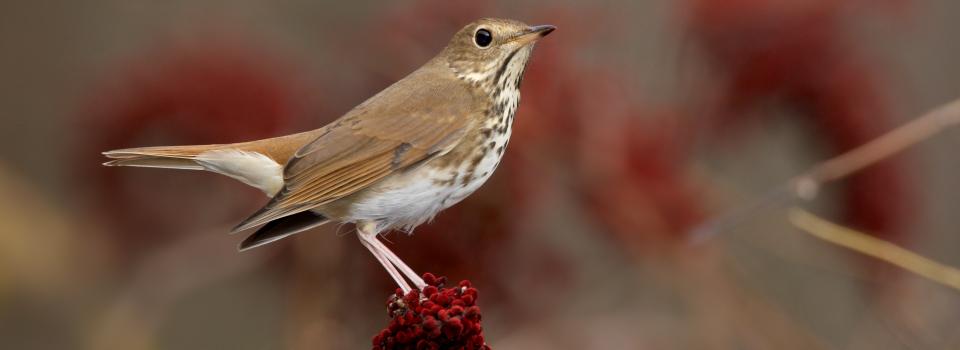
Hermit Thrush
Photo by: Robert Royse
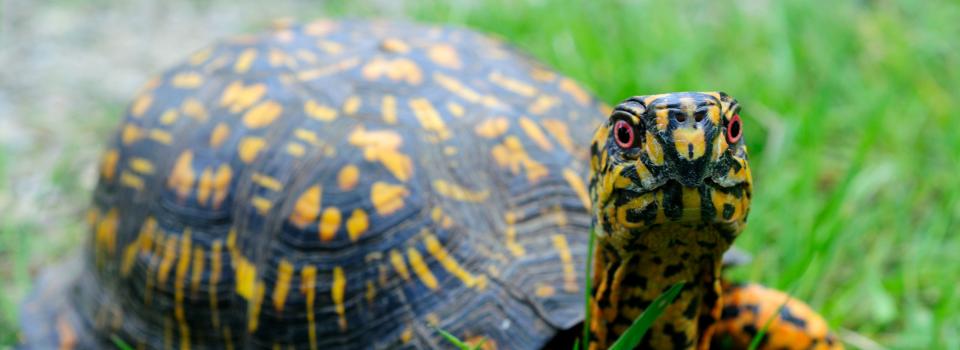
Box Turtle
Photo by: Jonathan Mays
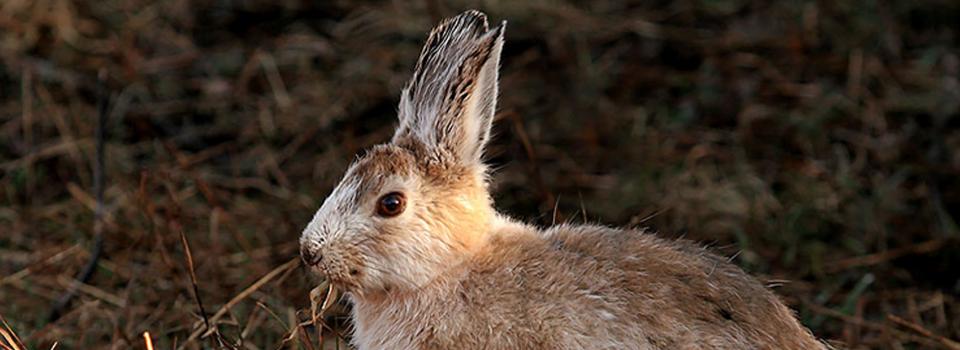
Snowshoe Hare
Photo by: Mike Hodgson
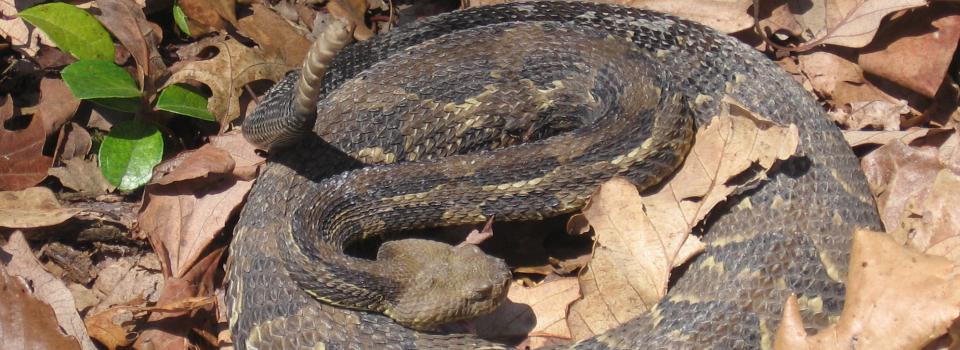
Timber Rattlesnake
Photo by: Kelly Wiley
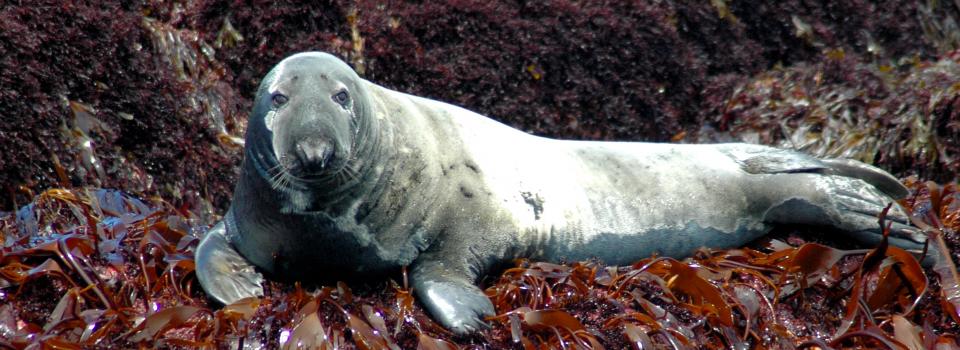
Gray Seal
Photo by: Jonathan Mays








Funds from this RCN grant were used to demonstrate that bats affected with the infectious disease “White Nose Syndrome” (WNS) arouse from hibernation significantly more often than healthy bats, which leads to their starvation. This highly significant effect is independent of initial body condition and hibernacula microclimate, which are both known to influence hibernation patterns.
This study addressed the hypothesis that WNS bats are either arousing too frequently from torpor or exhibiting prolonged periods of euthermy (‘normal’ body temperatures) during the winter, either of which would cause them to starve to death by prematurely depleting stored body fat. Morphological data were collected from several hundred bats prior to the hibernation season, using temperature sensitive dataloggers or radiofrequency (RF) transmitters. To control for the effects of hibernacula microclimate on torpor patterns, temperature sensitive dataloggers were deployed at each field site.
While this project was officially completed in 2010, because of the importance of the findings, and the continued rapid spread of WNS, we continued to monitor hibernation patterns in WNS affected bats using the supplies purchased with this grant supplemented by those purchased with other funds through the 2011 winter season. Approximately 150 dataloggers were available for the 2011 winter season, during which bats in several sites were surveyed for their third time. This long-term data is very valuable, and allows us to analyze the influence of WNS on a given hibernaculum overtime. The final report and a journal article detailing the results of the study are available below.
Name: DeeAnn Reeder
Title: Assistant Professor of Biology
Organization: Bucknell University
Email: dreeder@bucknell.edu
Address: 701 Moore Avenue, Lewisburg, PA 17837
Phone: 570-577-1208
Fax: 570-577-3537
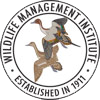
© 2020 A Wildlife Management Institute Project